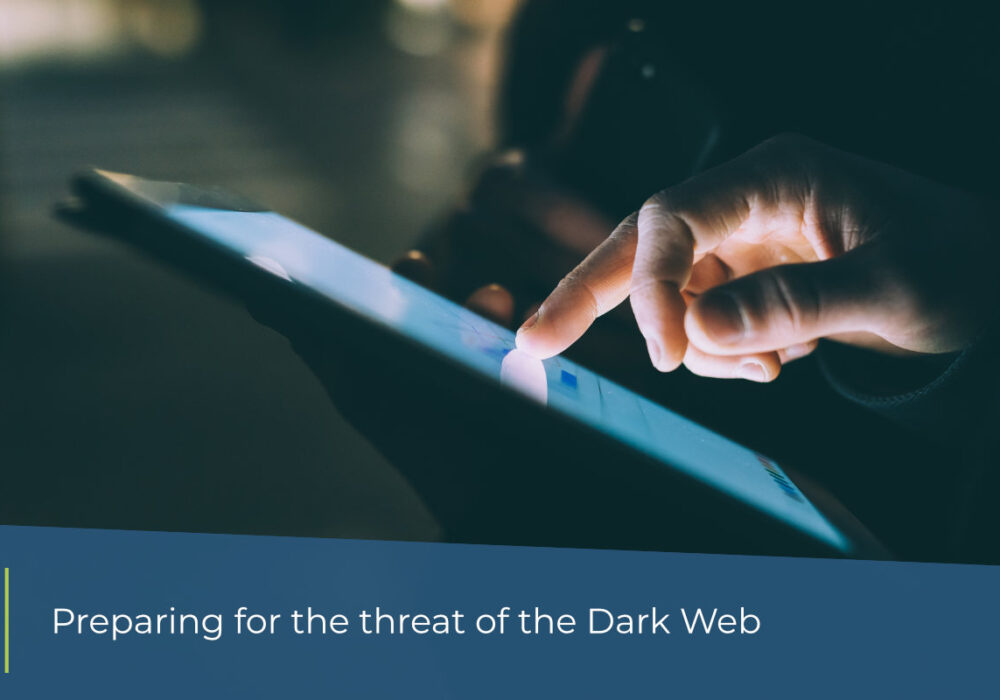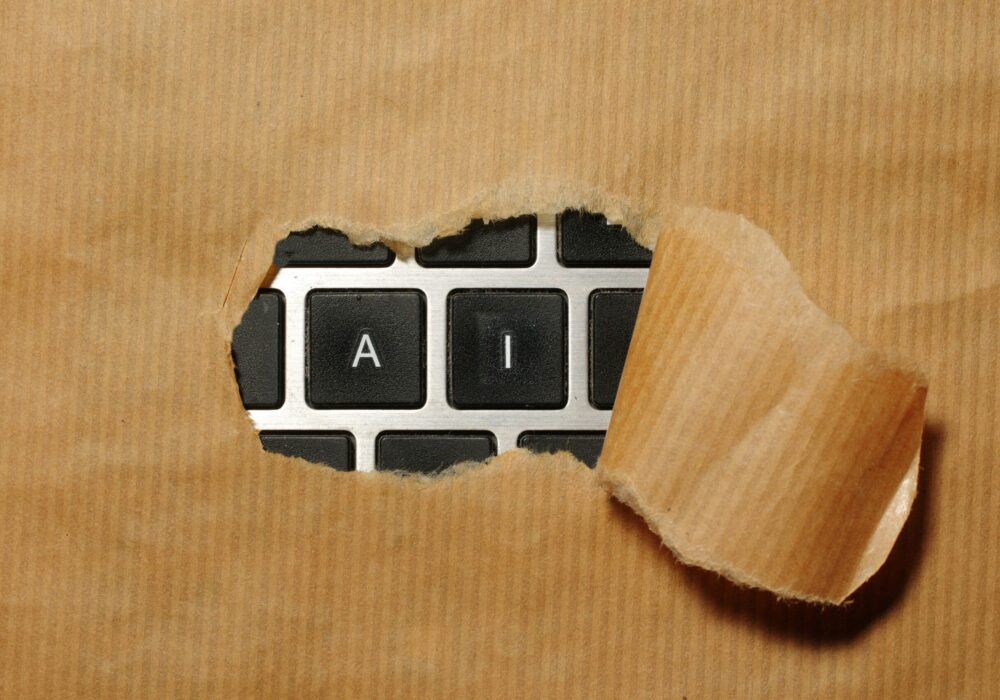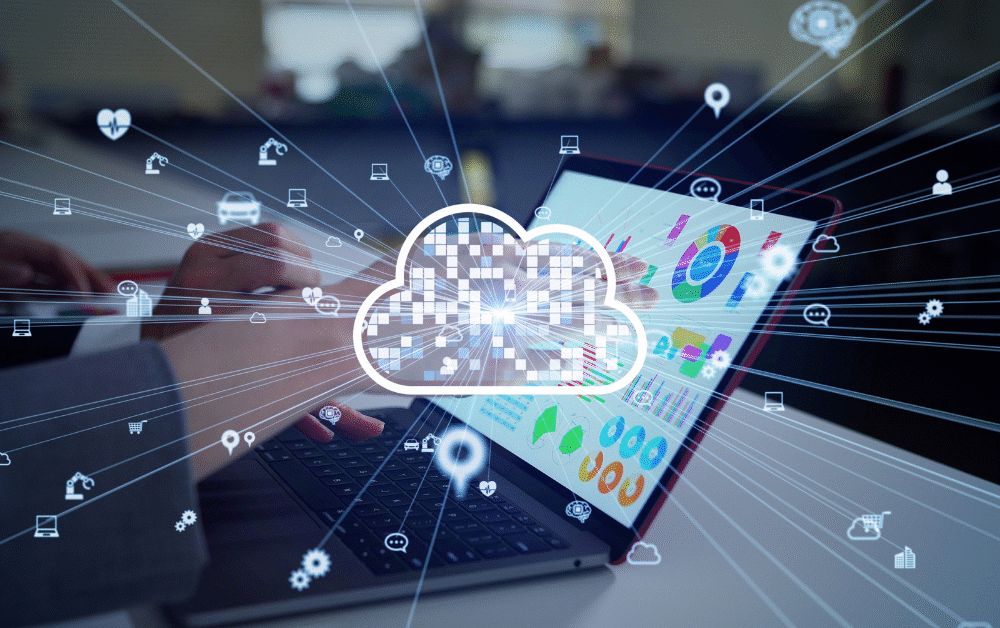We discussed the Dark Web in the previous article. It goes without saying that having your credentials and sensitive personal information leaked into the Dark Web can be unsettling. However, if you are adequately prepared, you can deal with these challenges while minimising negative outcomes.
In this article we’re aiming to cover the important precautionary steps you need to undertake to ensure your credentials and private information are all safe online.
Pay attention to your passwords
Passwords are the single most essential security credential that must be protected from hackers. However, people frequently take it easy and do not pay attention to or are careless with their passwords.
One common example, is the use of the same password across various sites since it is handy and easy to remember. But if you use the same passwords everywhere, all it takes is one security breach and all your internet accounts could be readily hijacked.
To avoid having your credentials revealed to the Dark Web, use strong, secure passwords, and remember to update them on a frequent basis. To safeguard your passwords using encryption, use password managers such as Zoho Vault, Keeper, True Key, LastPass, and others.
Another modern layer of additional security comes in the form of authentication, such as multi-factor authentication (MFA) mechanisms.
The following are some key rules you should take when it comes to respecting online password protection:
Use lengthier passwords that contain unique phrases and word combinations rather than regularly used ones:
- Use lengthier passwords that contain unique phrases and word combinations rather than regularly used ones.
- Use distinct passwords for each user account and website you use. Passwords should not be repeated.
- Use password manager software such as LastPass to generate complex lengthy passwords and securely store them.
- Use 2-factor authentication.
- Reset your passwords on a regular basis or immediately if you suspect a breach.
Secured connections
- Use secure VPN connections to prevent unauthorised access to your protected network when attempting to access confidential company data.
- Interactions with unsecured websites should be limited. Examine the TLS certificates and avoid visiting sites with expired certificates or from questionable origins.
- When sharing sensitive information, use end-to-end encryption.
Education on safety awareness
Educate and inform your employees on the importance of secure passwords and other security measures. Anyone who uses your systems must be aware of the cybersecurity implications of their potentially irresponsible behaviour. You should provide engaging training on the importance of keeping private social media accounts, adopting stronger passwords, and understanding phishing scams, among other things.
Here are some of our top tips that can help you and your employees remain extra careful:
- Never give any of your personal information to a public computer. If you must access your accounts from a public device, make sure to wipe the passwords, log out properly, and delete any credentials before handing them over.
- Use safe programmes to protect your passwords. Avoid manually writing them down or keeping them in easily accessible text files.
- Never provide your personal information, bank account details, or passwords to anyone by email.
- Avoid utilising your bank accounts for all transactions on unsecured websites that do not use SSL encryption.
- Use safe payment methods and gift cards that do not have a direct connection to your bank account.
- Do not click on strange URLs or email links from unverified users. Be wary of phishing scams and report any email that appears to be from an unknown sender.
- Avoid posting personal information on social media and keep your accounts private.
Monitor the Dark Web for any information leak
There is a real danger that your information has already been leaked on the Dark Web, and that some hacker is only sitting on it before attempting to attack.
Even if it isn’t from your internet activities, your data could still get up on the Dark Web through other means. If you have such concerns, you should check the Dark Web to confirm whether your credentials have been exposed to the Dark Web. There are numerous Dark Web scan services accessible online that you can use to determine whether your data has been released on the Dark Web. Some of these tools are also entirely free to use.
The Right IT Support
By ensuring that you and your staff are continually linked to one other and your clients, BCNS make business easier and more cost-effective. We can also ensure that your staff is using the most recent version of each application to ensure that your systems are secure and that you are getting the most out of your technology. Contact us now and find out how we can help you with your business security challenges and move into a more productive future.




